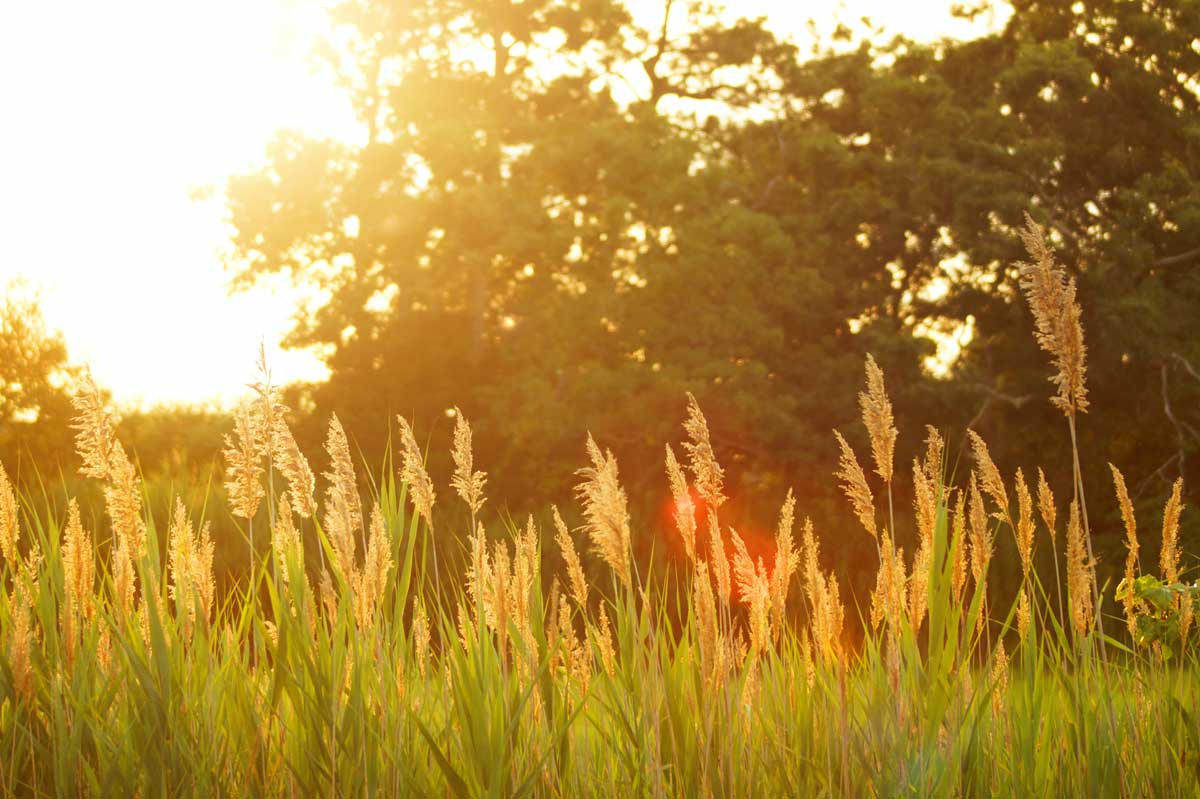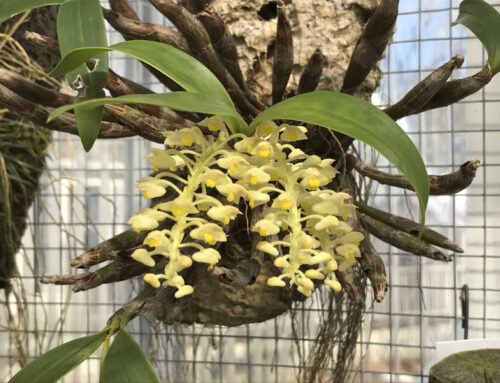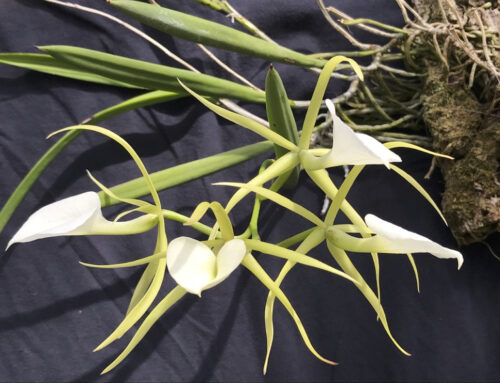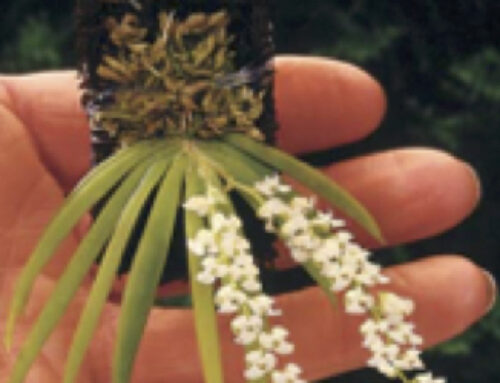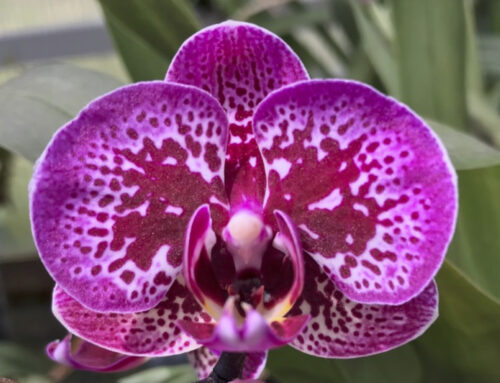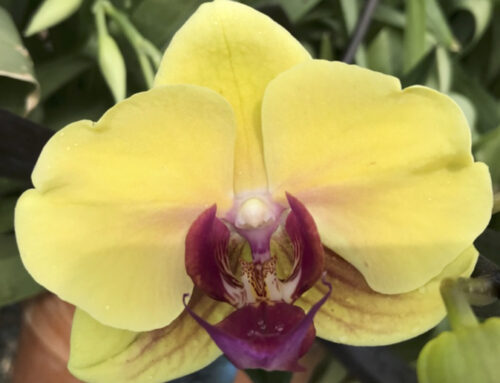One grower recently reminded me to share this ~ he had a totally clean collection, having rid himself of an invasive mealy bug infestation. But he said they kept coming back, even after repotting & treating the plants. So I had him look at the bottom of the grow trays he was using & sure enough, there were live mealy bugs & their eggs underneath the tray. It was black so he could see them right away. If you’re growing on anything white, for example, this is harder to see, whether it’s egg crate or white trays or grids. A good idea before getting (as in squeezing, since your plants have grown as has your collection!) all your plants back into where you’re growing them is to thoroughly clean the trays, grids or whatever ~ also check under the rims of your pots which is another wonderful hiding place for them. One method of killing them is to use a 10% Clorox solution (10% Clorox to 90% water) & dipping or spraying it on them. Another approach might be to use rubbing alcohol, either sprayed or sponged onto the trays or paint-brushed under the curled rim of the pots. Using gloves is essential when dealing with either approach. The Clorox solution, from what I understand, might only be viable for 20 minutes, & it’s something you’d want to do outdoors, which means now is the perfect time. Would love to hear from others what their end-of-summer checklist entails.
If you have gas heating be certain to check that the flues and baffles in your heaters have not served as nesting spots for small birds during the seasons of disuse. Also check the heating baffles to make certain there are no micro-pitting or weld failures. Bird nest in exhaust routes can lead to fires, and micro-pitting and weld failures can result in plant and flower damage from combustion byproducts escaping into the GH atmosphere while sealed for winter heat conservation. Having a back up gas controller for your heater is always a good investment. Also check your backup heat … portable or otherwise, and make certain generators are serviced and up to service if called upon … always replace oil and never use old gas that’s been sitting … even if you added stabilizer in earlier seasons .old gas can result in performance failure at points of critical need.

